Book a demo
Health, disease and aging affect everyone. Everyone invests in their well-being, for prevention and treatment. Investments are based on data, which are collected at home, in hospitals, clinical research laboratories and mobile devices. For security and privacy reasons, the data is kept separately.
Federated learning offers the possibility to address these issues, both for the general population with features common to all and for the individual in the rare or unusual case.
The variability of applications and configurations is another strong point of Federated Learning offered by Sensoworks and Frontiere:
Hospitals could use federated learning models to predict the likelihood of an individual patient developing a disease or contracting an infection after being admitted. This could help doctors make better decisions about how best to treat each patient based on their specific needs. Additionally, these predictions could be used by other organizations that work with hospital patients (such as insurance companies) in order to provide better coverage options for those who need it most.
Another area where federated learning can benefit healthcare is by helping us understand diseases like cancer or Alzheimer's disease at the genetic level better. Using federated learning models on DNA samples collected from thousands of people suffering from these conditions, researchers can gain insight into which factors contribute most to the development of these diseases.
Federated learning provides interoperability gains that positively impact healthcare professionals quickly accessing a patient’s medical information even if they are not within the organization’s internal systems (e.g., patients visiting from another country), and applying analytics. High quality medical decisions could be ensured regardless of the patient's treatment location and local knowledge of the disease. Physicians can augment their expertise with expert knowledge from other institutions, ensuring consistency of diagnoses that would not be possible otherwise, improving the effectiveness of patient care and enabling greater collaboration in the healthcare sector.
Federated learning has been used in medical research because it allows researchers to create large sets of patient data that they can then use as part of their research efforts without needing direct access to any individual's private health information. It also allows researchers who may not have access to certain medical records or resources (such as patients' genetic information) to instead access those same resources through other researchers' databases. This prevents privacy breaches while still allowing researchers access to sufficient information and insights.
As healthcare and clinical-data is scattered, gathering a data set that is complete enough to track rare cases involves combining data from various data silos. The practical challenges of any single site lacking adequate and sufficient data for rare adverse drug reaction detection and prediction, can be addressed. Likewise federated learning can assist in reaching the cohort sizes for orphan/rare disease studies and ensuring ethnic genomic diversity.
Precision medicine is a growing field in healthcare. A precision medicine study is an experimental study that uses personal data to develop a personalized treatment plan for an individual patient. The aim of these studies is to direct the treatment based on an individual person's unique genetic profile and medical history. Federated learning can be used to predict things like disease progression or patient outcomes, but it can also be used to predict patient responses to medications or other treatments. Using federated learning to analyze large amounts of patient data could help researchers identify new approaches to treating diseases like cancer and Alzheimer's at the molecular level, which could lead to more personalized treatments for patients. With access to large data sets, more precise drugs can be developed in an accelerated way.
Home health monitoring has attracted great attention for aging populations around the world. With abundant user health data being accessed by Internet of Things (IoT) devices, smart healthcare has seen many success stories. A personalized wearable device is used to collect, store and send health-related metrics, and can make medical recommendations for unusual health conditions. Nursing homes can offer specialized and constant care to the elderly. In these centers, remote health monitoring and recommendations can offer better services at reduced costs.
By unifying large data sets, new levels of well-being are offered at affordable costs.
Contact: dr. Remco Foppen
Fill out the form at the end of the page to request information on products or partnerships.